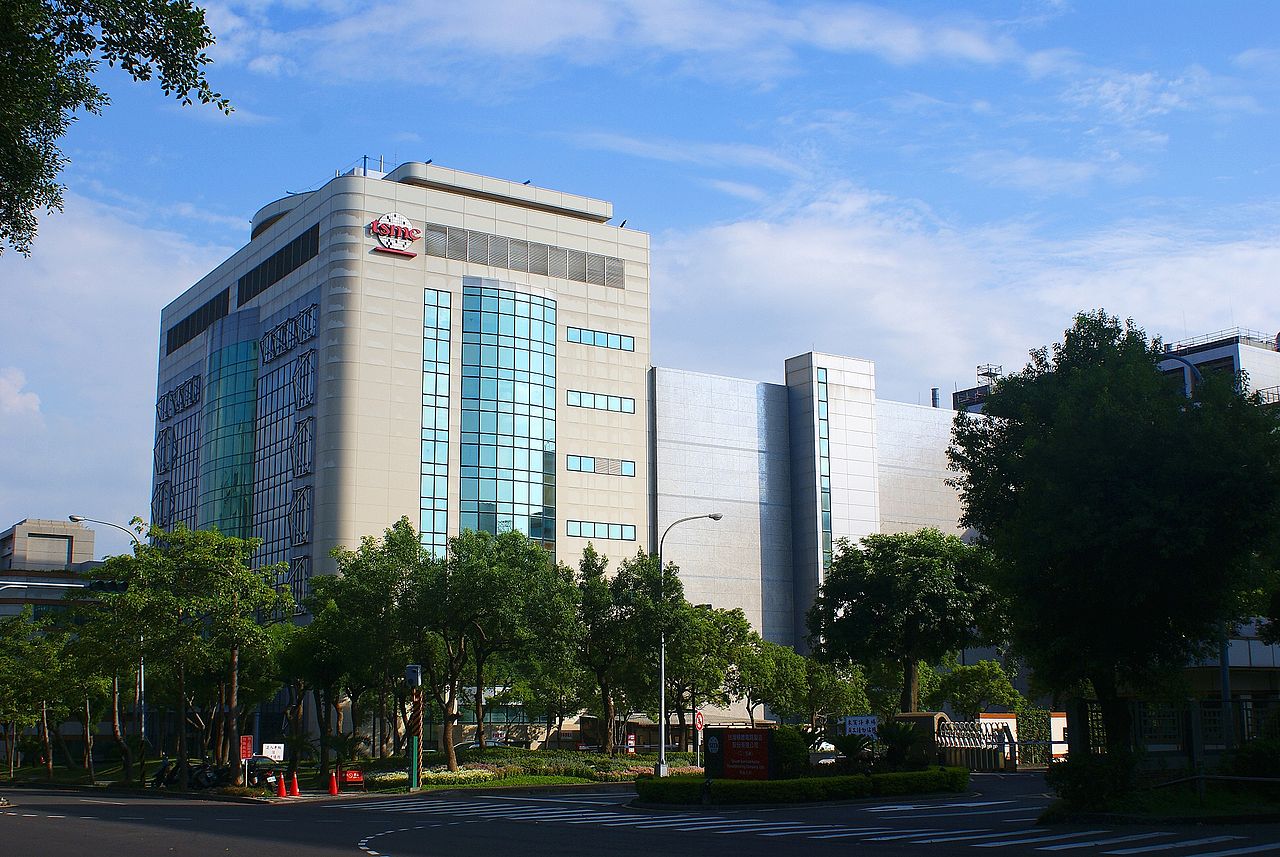Apple, Nvidia, Qualcomm Delays Possible After TSMC Virus Outbreak
Taiwan Semiconductor Manufacturing Company (TSMC) announced Saturday that a virus infected "a number of computer systems and fab tools." The company was quick to identify the issue, but different fabs were affected to varying degrees, which meant some were brought back online before others. TSMC said about 80% of affected machines were restored on August 5; the rest were expected to be up and running on August 6.
One day of lost productivity might not seem like much, but for companies operating on TSMC's scale, any delay is cause for concern. The company warned that it expects the issue to cause shipment delays and incur additional costs, resulting in an estimated 3% hit to its quarterly revenue. It plans to make up for missed shipments in the fourth quarter, however, and remains hopeful that it won't be too hurt by the incident.
TSMC said the virus' spread didn't result from a hack, per se, but rather from human error during the installation of a new tool. It explained:
"This virus outbreak occurred due to misoperation during the software installation process for a new tool, which caused a virus to spread once the tool was connected to the Company’s computer network. Data integrity and confidential information was not compromised. TSMC has taken actions to close this security gap and further strengthen security measures."
CNN reported that TSMC was affected by a variant of the WannaCry ransomware that garnered headline after headline in 2017. It's not clear if this variant of WannaCry actually sought ransom or if it merely wreaked havoc on TSMC's machines. CNN only said that the virus made the affected machines crash or get caught in a reboot cycle; TSMC doesn't believe any confidential data was compromised as part of the outbreak.
TSMC said most of its customers--which includes companies like Apple, Nvidia and Qualcomm--have been notified of the incident. (One would hope; it's not like the company's talking about a puddle in the break room here.) It's not clear how the incident might affect the release of upcoming iPhones, for example, or Nvidia's GPUs. But if Apple and Nvidia announce delays for those products, well, we'll have a good idea why.
Get Tom's Hardware's best news and in-depth reviews, straight to your inbox.

Nathaniel Mott is a freelance news and features writer for Tom's Hardware US, covering breaking news, security, and the silliest aspects of the tech industry.
-
stdragon "TSMC said the virus' spread didn't result from a hack, per se, but rather from human error during the installation of a new tool"Reply
What "tool" would contain malware?? There's definitely more to this story. -
spdragoo Reply21208637 said:"TSMC said the virus' spread didn't result from a hack, per se, but rather from human error during the installation of a new tool"
What "tool" would contain malware?? There's definitely more to this story.
And how did the virus get on their internal network without a) causing damage to other systems before this, & b) being noticed/caught by their IT security people?
-
mlee 2500 Reply21208637 said:"TSMC said the virus' spread didn't result from a hack, per se, but rather from human error during the installation of a new tool"
What "tool" would contain malware?? There's definitely more to this story.
There are many software tools involved at many different parts of the process, used by both the foundry and their fabless customers. -
mlee 2500 Reply21208519 said:Yay... 2 days delay... WOW!
In corporate speak 2 days = a week or more, especially in the semiconductor world, and that is a HUGE deal which causes ripples all the way through the development and release chain. -
mlee 2500 TSMC's fabless customers and partners would do well to scan all the points where they hand off GDS etc.Reply -
bit_user Reply
I thought Nvidia was supposedly delaying their next gen launch due to excess inventory of Pascal GPUs. If true, then they should already have the initial launch parts on hand for their first couple of 11-series units.21208414 said:... if Apple and Nvidia announce delays for those products, well, we'll have a good idea why.
And Apple? ...pfft. Don't care. -
mlee 2500 Reply21210158 said:
I thought Nvidia was supposedly delaying their next gen launch due to excess inventory of Pascal GPUs. If true, then they should already have the initial launch parts on hand for their first couple of 11-series units.21208414 said:... if Apple and Nvidia announce delays for those products, well, we'll have a good idea why.
And Apple? ...pfft. Don't care.
This whole story made me think about how many fabless companies are enormously dependent on TSMC, even allowing for those that multi-source, they still need TSMC for simple volume and competitive pricing. -
beayn This is usually what happens when people try to get a torrent program or youtube downloader at work. I'm guessing that's what the "tool" was.Reply
